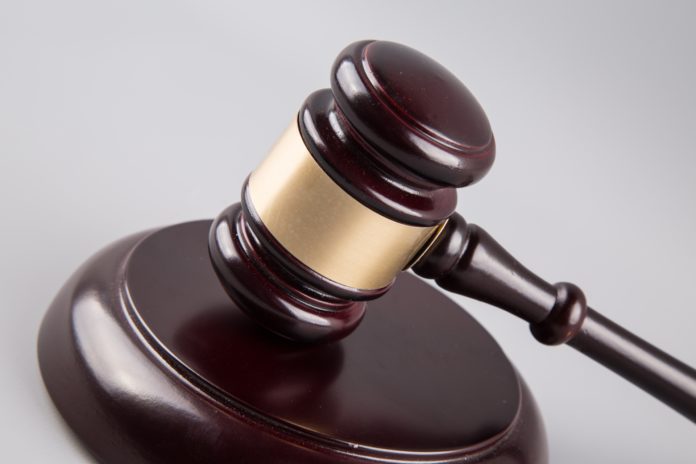Legal experts do not believe that any legal issues arise in new Legislative Assembly Vice-President Chui Sai Cheong also holding a position in an oversight judicial committee, but that more thought should have been given to the impression this political appointment gives to the public
The President of the Macau Lawyers Association (AAM), Jorge Neto Valente, has told Business Daily that no legal or conflict of interest issues arise from the appointment of the newly elected Legislative Assembly Vice-President, Chui Sai Cheong, also being a member of the MSAR Prosecutors Committee.
He does believe, however, that before the political decision was made there should have been more consideration of the “image it transmits” to the public.
On Monday, Mr.Chui – the elder brother of current MSAR Chief Executive Fernando Chui Sai On – was elected for a four-year term as Legislative Assembly (AL) Vice-President, with 29 votes of the 33 legislators elected in the September 17 elections cast in favour of his appointment.
The businessman is also an AL legislator elected by the professional sector and holds a position on the Prosecutors Committee, an independent ruling body responsible for the appraisal and disciplinary management of magistrates and judicial officers of the Public Prosecutor’s Office.
“I feel sorry [Mr. Chui] is not a magistrate; that way maybe he could also get a seat as a judge of the Court of Final Appeal. I don’t think this decision is appropriate […] The people who make these political decisions have to think about the image that this decision makes to the outside,” Mr. Valente told Business Daily.
Meanwhile, AAM Secretary General Paulino Comandante told Business Daily that since Mr. Chui was not a magistrate and that the Prosecutor’s Committee was “an independent body”, he “didn’t see any issue of conflict of interest, at least hypothetically”.
Doesn’t look that good
For Mr. Valente, although there “isn’t and shouldn’t be” too many regulations stating what individuals and political office representatives can or cannot do, political decisions should also take public image into account.
“We can’t have a law that regulates just everything, from what you can eat for breakfast or what time I have to go to sleep […] There doesn’t need to be a law saying what holders of political members can or cannot do, that’s up to the individual. However, there needs to be a consideration of the overall image. We all know politics it’s not just what it is but what it looks like. A person who assumes a position should think if that decision is the best for him and for society,” added Mr. Valente.
























